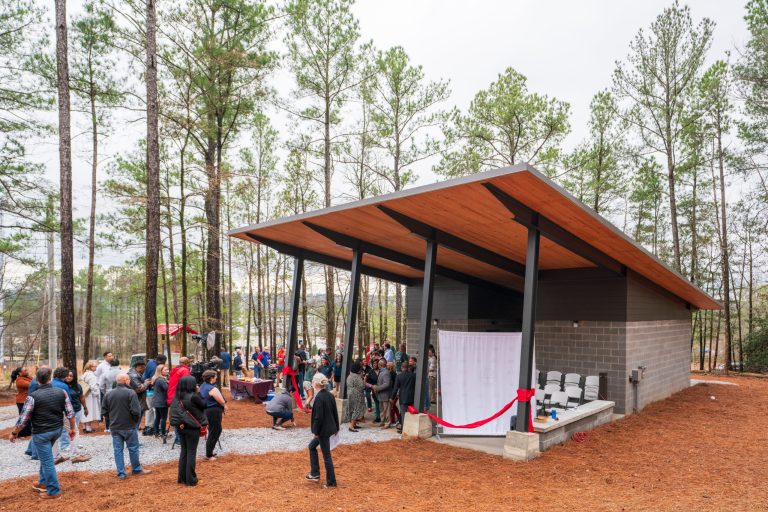Reviewed by: Nathan Watson
Rare Cahaba River snail, once considered extinct, receives lifeline
Reading time: 3 minutes

The U.S. Fish and Wildlife Service (USFWS) is proposing to protect the oblong rocksnail, a freshwater snail that only lives in Alabama’s Cahaba River.
Previously considered extinct, today only one small population in Alabama remains on five miles of river.
The USFWS is advancing a proposed rule to add the rare snail to the Federal Endangered Species Act.
Finding the oblong rocksnail
“I’m so relieved that we have a second chance to save this unique snail. We almost lost the little oblong rocksnail forever. We can prevent it from going extinct and improve the health of the Cahaba River which it needs to survive.”
Will Harlan, a senior scientist at the Center for Biological Diversity
According to a Center news release, the rare snail was nearly driven extinct in the last century due to water pollution and habitat degradation. The species had not been seen for 70 years and was declared extinct in 2000 until it was rediscovered in 2011.
Center for Biological Diversity seeks protection for rocksnail
In 2016 the group petitioned to protect the oblong rocksnail under the Endangered Species Act. Oblong rocksnails are nickel-sized freshwater snails that keep rivers clean by grazing on algae and they serve as food sources for fish and crayfish. Underneath their brown-striped shells, oblong rocksnails have bright yellow bodies with black bands. They shelter beneath flat boulders and graze on algae in clean, silt-free rivers.
“We are delighted to support the protection of this re-emerging species in the Cahaba River.”
Dr. Myra Crawford, executive director of the Cahaba Riverkeeper
Oblong rocksnails currently live downstream from municipal wastewater facilities, industrial facilities and coal mines. They are also threatened by climate change, droughts and floods.
“Safeguarding the oblong rocksnail will also help protect drinking water for Alabamans and some of the most important aquatic diversity on the planet. By protecting this snail, we’re creating a healthier future for humans, too.”
Will Harlan, a senior scientist at the Center for Biological Diversity
Learn more about the oblong rocksnail
If you are interested to know more about this rare animal and the proposal to list it as endangered, read about it in the Federal Register. You can also make comments about the proposal until January 2, 2024.
Do you have an interest in saving the rare mussels, snails and fish in the Cahaba River watershed? Let us know by tagging us on social media at @bhamnow


![Spotting salamanders in Homewood: A rainy night to remember [PHOTOS + VIDEO] Spotting salamanders in Homewood: A rainy night to remember [PHOTOS + VIDEO]](https://i0.wp.com/bhamnow.com/wp-content/uploads/2026/02/IMG_5929-scaled-e1772203957916.jpg?fit=768%2C403&quality=89&ssl=1)